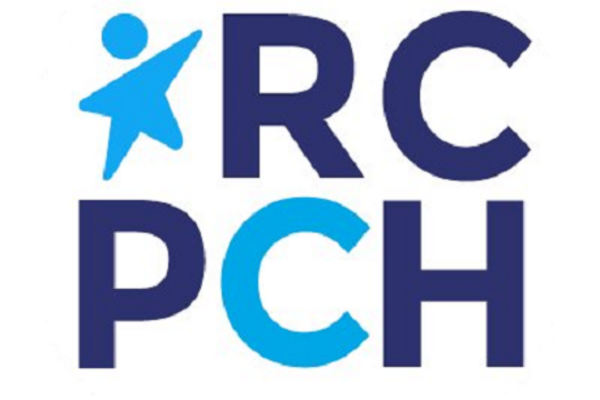RCPCH guidance on perplexing presentations & fabricated or induced illness in children
Updated guidance for paediatricians

The updated guidance provides procedures for safeguarding children who present with perplexing presentations and FII and offers practical advice for paediatricians on when and how to recognise it, how to assess risk and how to manage these types of presentations in order to obtain better outcomes for children.
Updates in the 2021 guidance include: